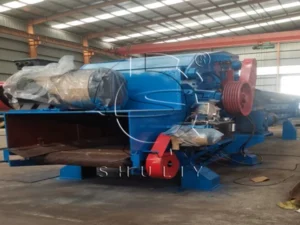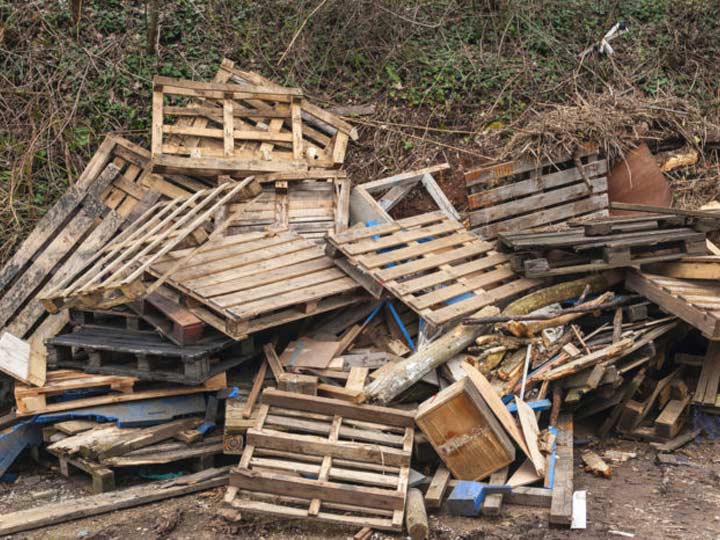최근 탄자니아의 고객은 목재 가공 회사로, 운영을 확장하기 위해 나무 팔레트 생산을 추가하고자 합니다.
지속 가능하고 재사용 가능한 포장 솔루션에 대한 수요가 증가함에 따라, 그들은 가공 작업에서 남은 나무를 활용하여 고품질 나무 팔레트를 생산할 수 있는 기계를 찾고 있었습니다.
그들의 목표는 원자재를 더 잘 활용하고, 폐기물을 줄이며, 운송 및 물류에 사용되는 목재 팔레트의 성장하는 시장을 활용하는 것이었습니다.
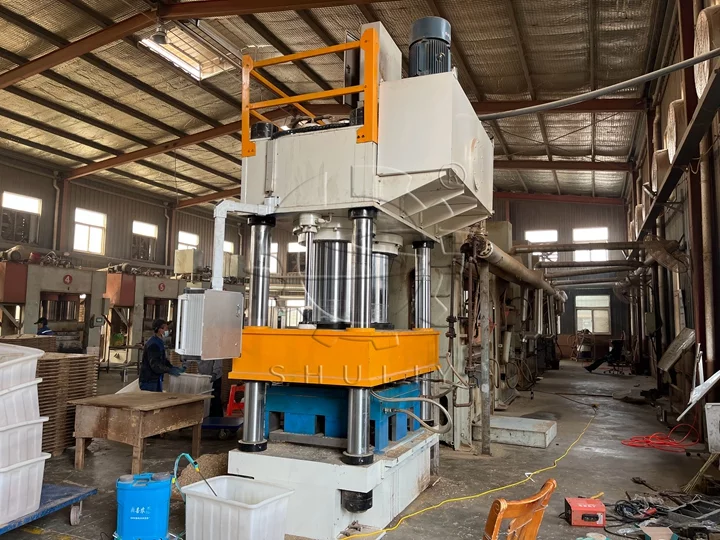
고객을 위한 맞춤형 목재 팔레트 메이커
고객의 특정 요구 사항을 충족하기 위해, 우리는 다음과 같은 기능을 갖춘 나무 팔레트 제작 기계를 공급했습니다:
- 폐목재 활용. 이 기계는 목재 부스러기 및 폐기물을 내구성 있는 팔레트로 효율적으로 변환하여 원자재 사용을 극대화하도록 설계되었습니다.
- 높은 생산 능력. 이 기계는 시간당 대량의 팔레트를 생산할 수 있어 작업 규모 확대에 이상적입니다.
- 자동화된 제어 시스템. 간편한 작동을 위해 기계에는 수동 입력을 최소화하고 생산 효율성을 최적화하는 자동 제어 시스템이 포함되어 있습니다.
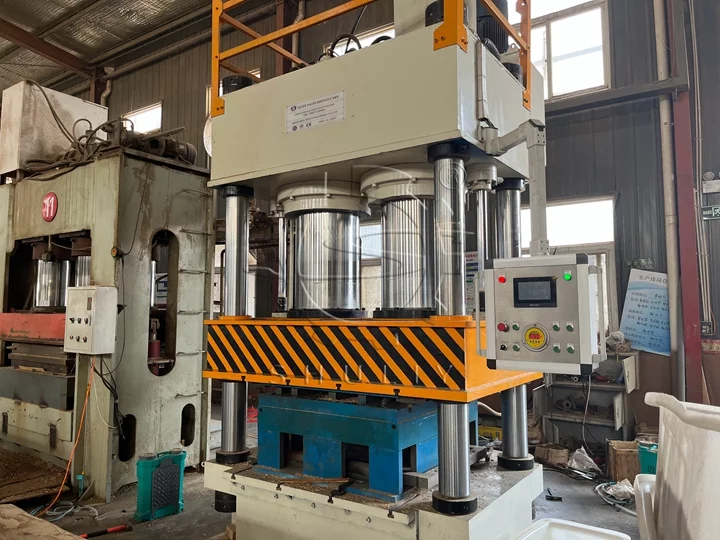
고객 요구 사항 및 솔루션
클라이언트는 목재 폐기물을 유용한 팔레트로 전환할 수 있는 기계가 필요하며, 생산 효율성을 유지해야 했습니다.
그들의 생산 과정을 이해한 후, 우리는 폐기물을 줄이고 고부가가치 제품을 생산하고자 하는 목재 회사에 맞게 특별히 설계된 나무 팔레트 제작 기계를 추천했습니다.
이 기계는 스크랩 우드를 처리하고 튼튼하고 재사용 가능한 팔레트를 생산할 수 있는 능력이 고객의 지속 가능성 목표와 완벽하게 일치했습니다.
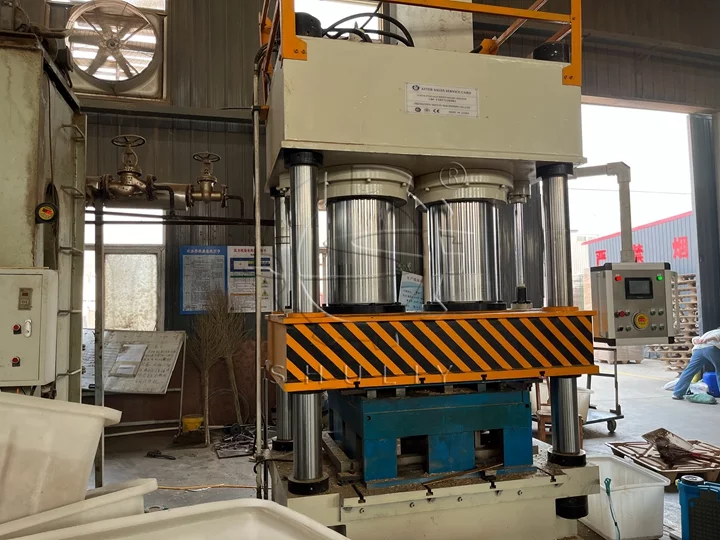
고객의 생산 요구 사항을 더욱 충족시키기 위해, 우리는 다양한 크기의 팔레트를 생산할 수 있도록 금형 옵션으로 기계를 맞춤화했습니다.
고객 피드백
고객은 기계를 받은 후 성능에 매우 만족했습니다.
그들은 폐목재 활용 기능이 원자재 비용을 크게 줄였으며, 높은 생산 능력이 탄자니아 시장에서 증가하는 나무 팔레트 수요를 충족할 수 있게 해주었다고 언급했습니다.
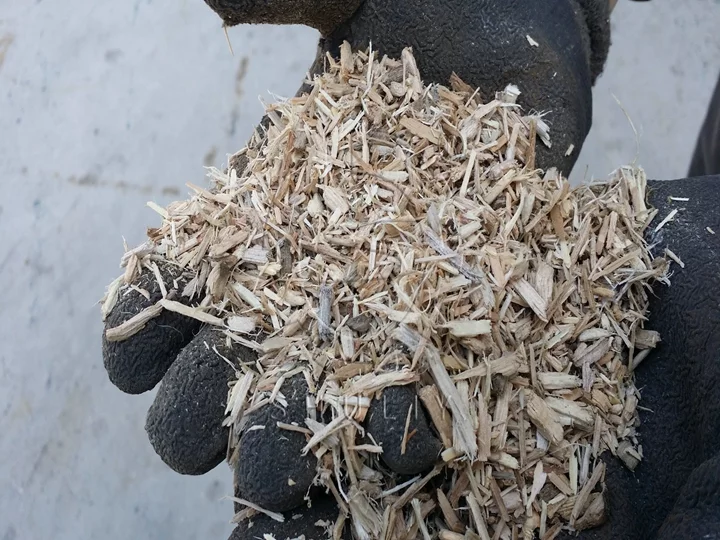
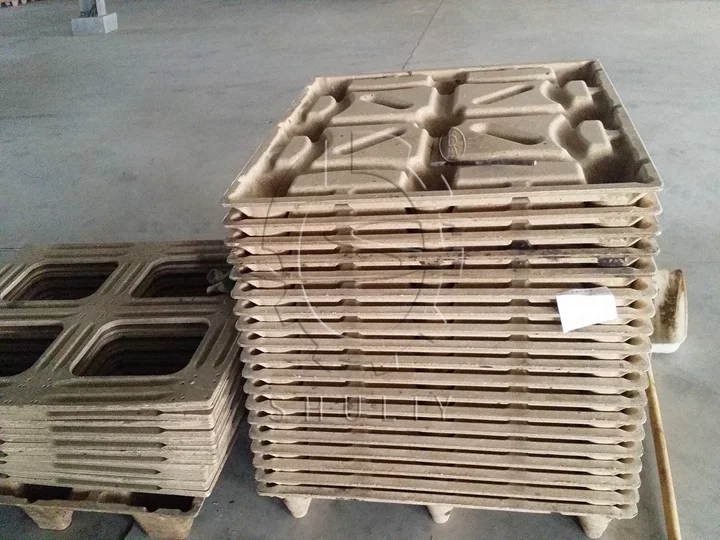
자동화 제어 시스템 덕분에 기계의 운영이 쉬워져 숙련된 노동력의 필요성이 줄어들었습니다.
결론
이 사례는 목재 가공 비즈니스의 요구에 맞춰 나무 팔레트 제작 기계를 제공할 수 있는 우리의 능력을 보여줍니다.
탄자니아의 고객이 목재 폐기물을 효율적으로 수익성 있는 팔레트로 전환하도록 도와줌으로써, 우리는 그들이 자원 활용 극대화, 지속 가능성 개선 및 비즈니스 수익성 증가를 이룰 수 있도록 했습니다.
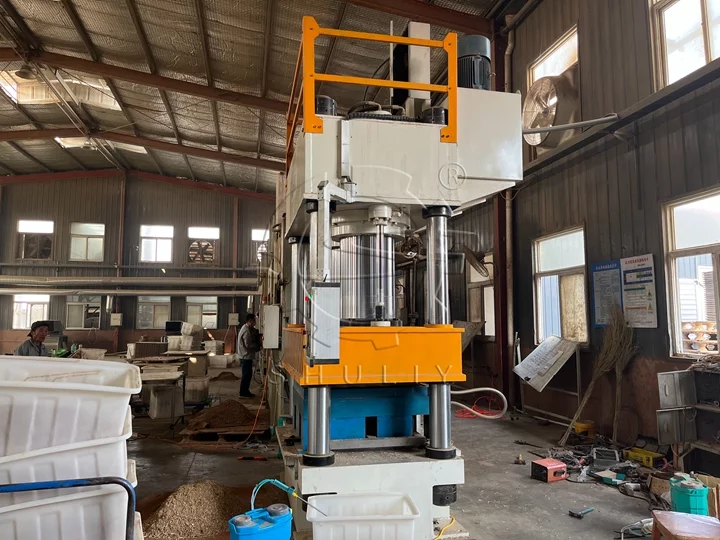
맞춤형 고품질 장비를 제공하려는 우리의 노력은 제품 라인을 혁신하고 확장하려는 고객에게 유익한 것으로 다시 한번 입증되었습니다.


